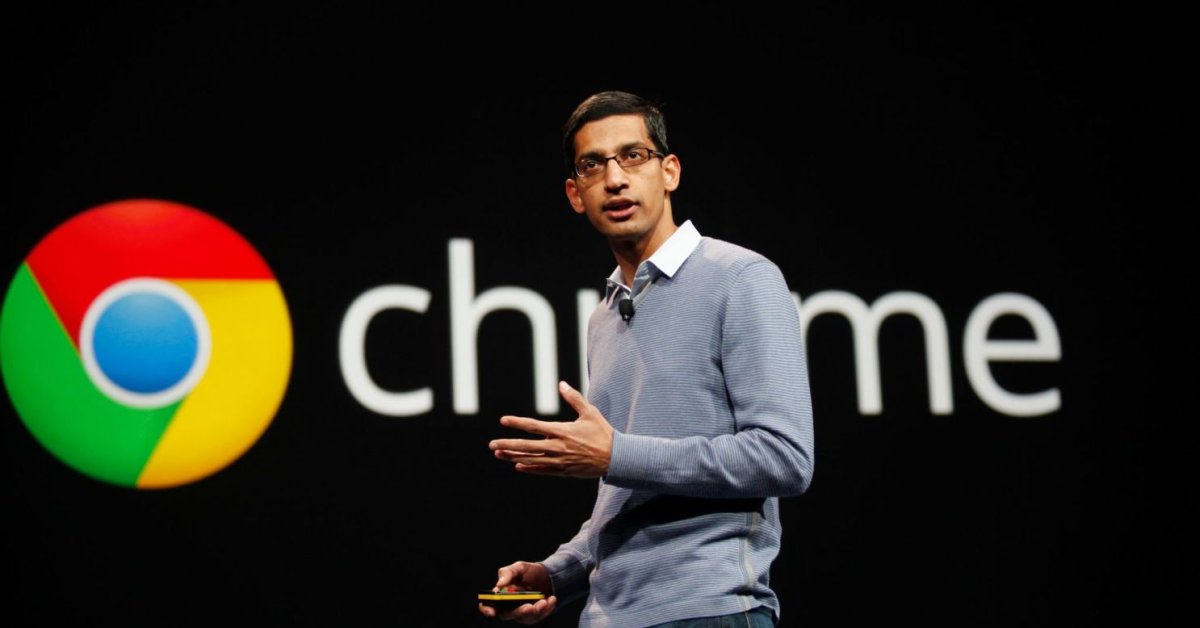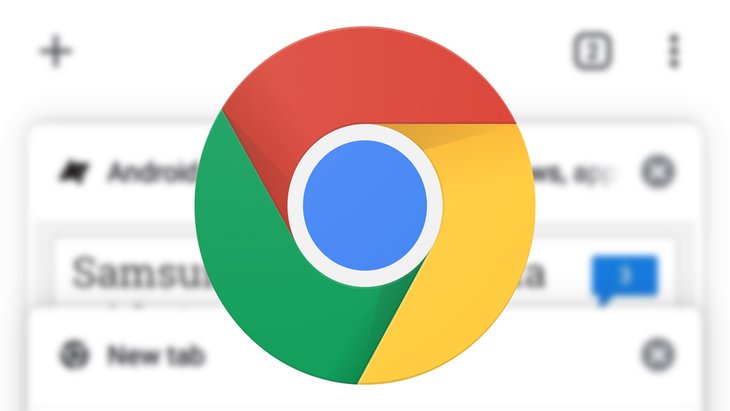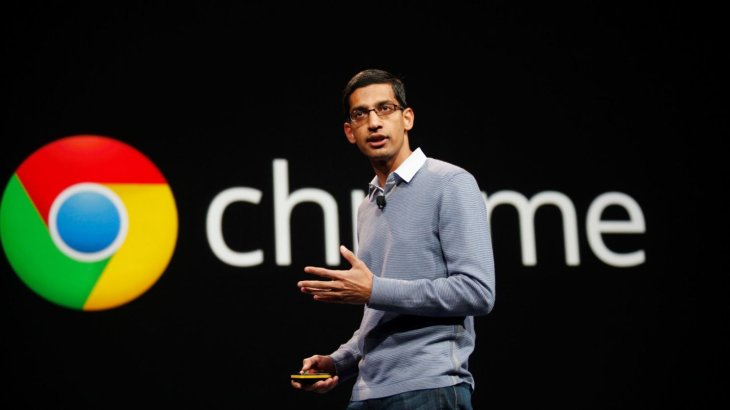Chrome 83 Blocks Companies From Tracking You, But Google Will Do That For Them
Dhir Acharya - May 21, 2020

Google has announced Chrome 83 and its new privacy features that, it said, will better protect users from third parties. Here's how.
- Google's Project Toscana: Elevating Pixel Face Unlock to Rival Apple's Face ID
- Google Offers Voluntary Buyouts to US Employees Amid AI Push
- Google SynthID: Everything You Need to Know About AI Content Detection
One of the biggest concerns when we use a web browser is security and privacy. So with the new Chrome 83 announced in a Google blog post, it’s reasonable to be critic about its safety features. So, let’s take a look what Chrome 83 has to offer.
The first is the now inbuilt safety check feature that allows users to check if any of their passwords saved in the browser has been compromised. The feature would also let users know if they have downloaded an extension likely to be malicious.

The next important upgrade is a tool called Enhanced Safe Browsing that warns users about the security of the websites they may be browsing. This would help them avoid potential phishing attempts. In Chrome 83, some communications between sites’ servers and the browser will be encrypted to prevent bad actors from spying.
Though security practices seem unchanged in the new Chrome version, the scrutiny from authorities has caused Google to make its privacy policies clearer, including simplified visuals and language. The tech giant has also made it easier to access some site-specific settings.
There’s another major change in Chrome 83: blocking all third-party cookies for browsers in incognito mode by default. Users can also opt for blocking them in regular browsing sessions.

However, keep in mind that while Google doesn’t allow third-parties to track your web activity anymore, the tech giant itself still collect information on you, the sites you visit, as well as the search query you make. And the search giant will continue to be a giant. Now, instead of collecting data themselves, third parties will have to rely on Google to get consumer data.
So, all in all, Google is making it look like we are protected with Chrome 83 while it’s actually exploiting us. Well, well, well.
Featured Stories

ICT News - Feb 19, 2026
Escalating Costs for NVIDIA RTX 50 Series GPUs: RTX 5090 Tops $5,000, RTX 5060 Ti...

ICT News - Feb 18, 2026
Google's Project Toscana: Elevating Pixel Face Unlock to Rival Apple's Face ID

Mobile - Feb 16, 2026
Xiaomi Launches Affordable Tracker to Compete with Apple's AirTag

ICT News - Feb 15, 2026
X Platform Poised to Introduce In-App Crypto and Stock Trading Soon

ICT News - Feb 13, 2026
Elon Musk Pivots: SpaceX Prioritizes Lunar Metropolis Over Martian Colony

ICT News - Feb 10, 2026
Discord's Teen Safety Sham: Why This Data Leak Magnet Isn't Worth Your Trust...

ICT News - Feb 09, 2026
PS6 Rumors: Game-Changing Specs Poised to Transform Console Play

ICT News - Feb 08, 2026
Is Elon Musk on the Path to Becoming the World's First Trillionaire?

ICT News - Feb 07, 2026
NVIDIA's Gaming GPU Drought: No New Releases in 2026 as AI Takes Priority

ICT News - Feb 06, 2026
Elon Musk Clarifies: No Starlink Phone in Development at SpaceX
Read more

Mobile- Feb 17, 2026
Anticipating the Samsung Galaxy S26 and S26+: Key Rumors and Specs
The Samsung Galaxy S26 series is on the horizon, sparking excitement among tech enthusiasts.

ICT News- Feb 19, 2026
Escalating Costs for NVIDIA RTX 50 Series GPUs: RTX 5090 Tops $5,000, RTX 5060 Ti Closes in on RTX 5070 Pricing
As the RTX 50 series continues to push boundaries in gaming and AI, these price trends raise questions about accessibility for average gamers.

ICT News- Feb 18, 2026
Google's Project Toscana: Elevating Pixel Face Unlock to Rival Apple's Face ID
As the smartphone landscape evolves, Google's push toward superior face unlock technology underscores its ambition to close the gap with Apple in user security and convenience.
Comments
Sort by Newest | Popular